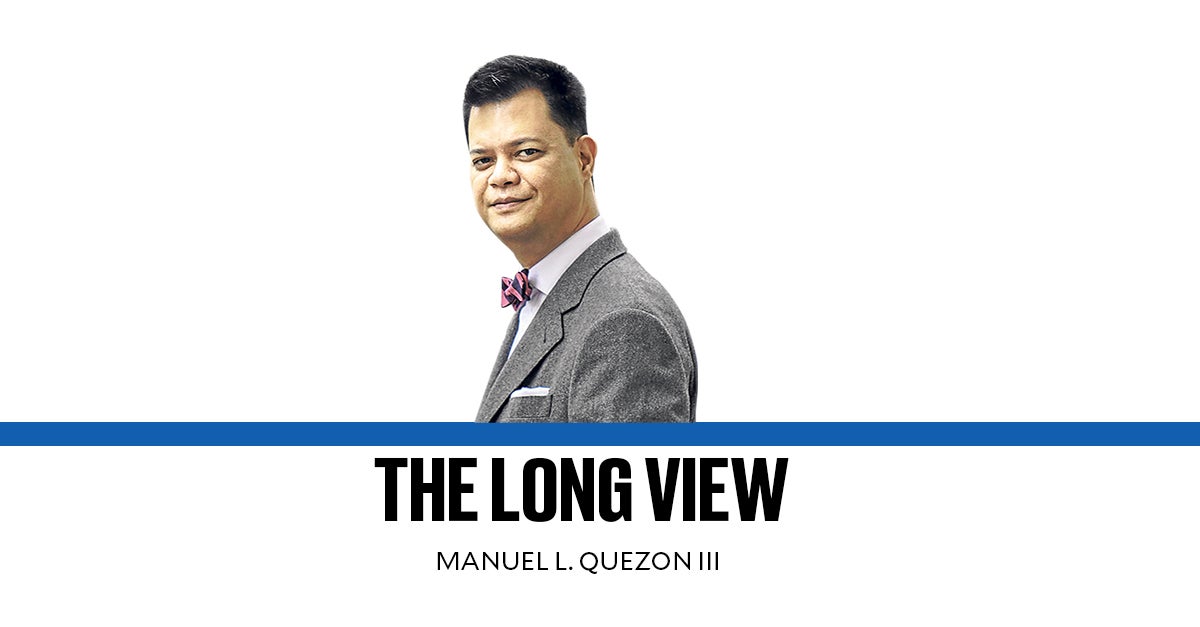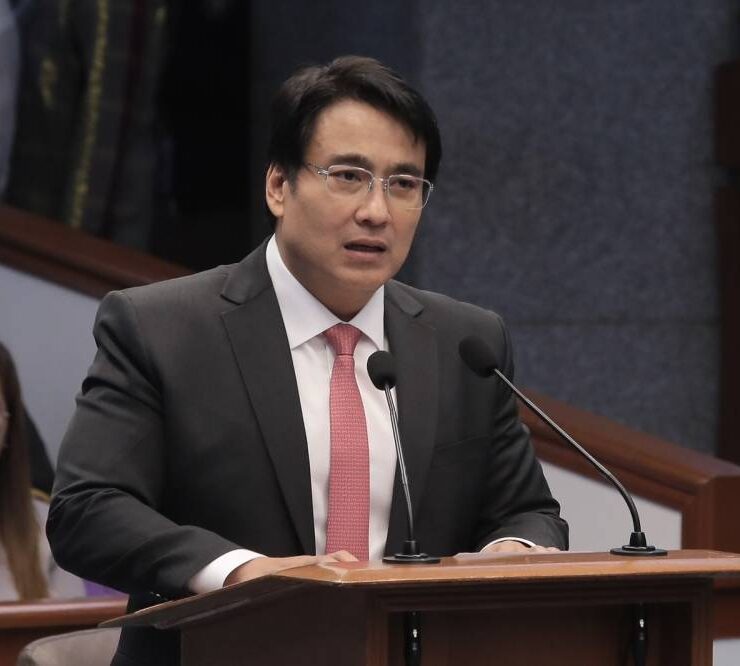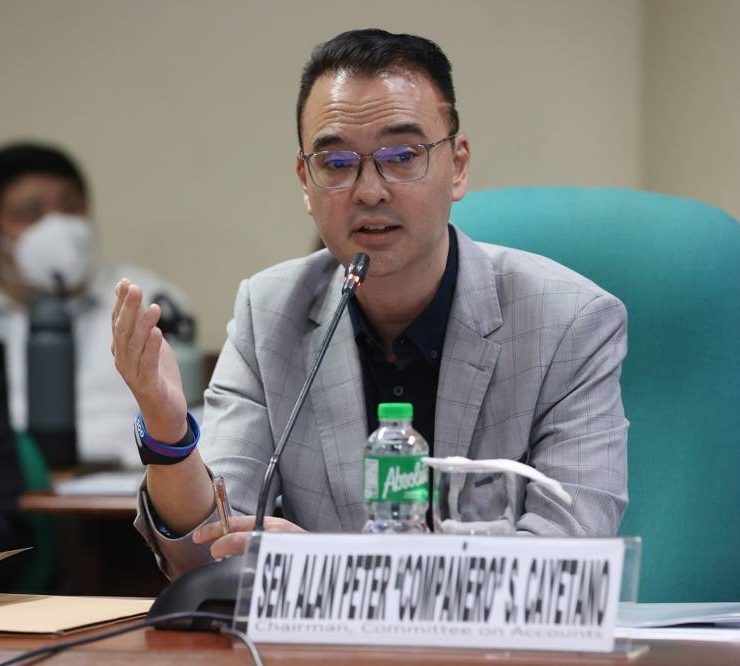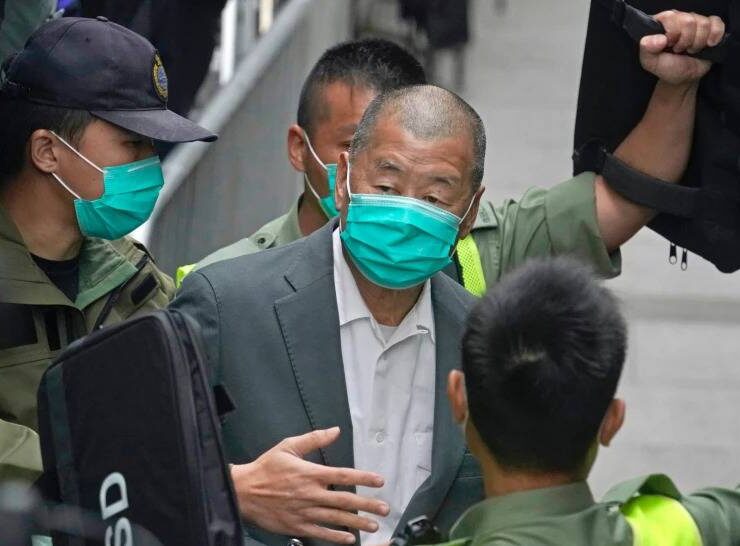Between the lines

Sometimes it is necessary to belabor the obvious, and each delivery of the State of the Nation Address (Sona) is such an occasion. When our presidents fulfill the constitutional demand to deliver a report on the state of the nation to Congress at the opening of its regular session, that duty is fulfilled with two audiences in mind. There is the institutional audience, primarily Congress, which listens with the forthcoming submission of the proposed budget in mind, as well as other pieces of legislation the President believes are timely. But it also includes the diplomatic corps, who will report to their governments on the Philippine government’s plans; the bureaucracy, which is expected to fulfill the President’s directives; and other institutions called upon to play a role in governance. And there is the broader public, the support of which every administration needs, particularly if congressional support isn’t otherwise assured.
The chop suey nature of most Sonas—the path of least imagination because it requires the least resistance—is to offer something to everyone, regardless of whether it comes together as a comprehensible whole. First and foremost, then, a Sona is a test of endurance; the ultimate challenge being, does either audience, or both, find the Sona contents relevant?
What I found most interesting about the Sona was what one well-connected source confided: the President deviated from his prepared text in two instances. The first was when he said (talking to both chambers, mind you) that those who indulged in ghost, overpriced, or defective projects should be ashamed of themselves. The second was when he praised his chief of police by referring to him as a “champion,” without a doubt both a nod to the PNP chief’s charity boxing match versus a no-show, and the President’s acknowledging the dynastic championship bout still to come.
Politics being ultimately a calling premised on human interactions, the true politician is one who derives energy and confidence from the give-and-take they experience when in contact with large crowds–it is here, in the confidently-delivered quip, in the daring to indulge in repartee, that the measure of the leader can be taken.
The President’s jab—”You should be ashamed of yourselves”—produced its share of cheers (in the Batasan) and jeers (from the online world of professional skeptics), but proved his instincts are keen precisely because it was among the most-noticed parts of his performance. Less widely understood perhaps was what accompanied the impromptu jab—his threat to veto the forthcoming budget if it ended up bloated by insertions and live with a reenacted budget instead. One can even imagine the Department of Budget and Management arguing that the past insertions have been fulfilled, and that their reenacted provisions are freed up for other uses by the executive—independent of a checkmated Congress, or something along those lines.
A news report on the jockeying for the Senate presidency ends by suggesting that the continued survival of the current Senate President hangs on a thread—the support of the First Lady tempered by the preference of the President for the restoration of Sotto. Other observers have noted that the President’s son, being Majority Floor Leader of the House, keeps his uncle, the Speaker, on a tight leash moving forward. The implication is that the freewheeling self-servicing of legislators in the budget is something the President may have grudgingly lived with as the price of the midterms, but it isn’t one he will pay again moving forward, which is what he said to Congress’ face last Monday.
The professional skeptics, of course, had a field day with the President’s exhortations to be honest and less freewheeling with public funds, something which a more nuanced skeptic reminded me was off the mark. “The first chair of the SEC in America was Joseph Kennedy, one of the most unscrupulous profiteers of his era, which made him the perfect guardian against the continuation of such practices. Sometimes you need the fox to guard the henhouse.” I thought this was more straightforward than the example I wanted to give, which is that old French saying that behind every great fortune lies a great crime, which implies liberating its inheritors from repeating foundational dirty deeds, hence the lofty quip of late senator Pacita Madrigal Warns, “millionaires don’t steal.”
Whether it is true or false is beside the point—the threat is the threat is the threat.
Besides the already politically passionate, it seems to me most reactions were positive on this score: the President admitted he’d been rebuked at the polls, and pledged to do something to show he understood the public’s message –the list of things he intends to do being more about their matching the actual personal concerns and priorities of the electorate than being about the wish-fulfillment of academics, journalists, and partisans. At the very last, it channels forthcoming debates to an arena he has defined.





















What Marcos should do in the next three years